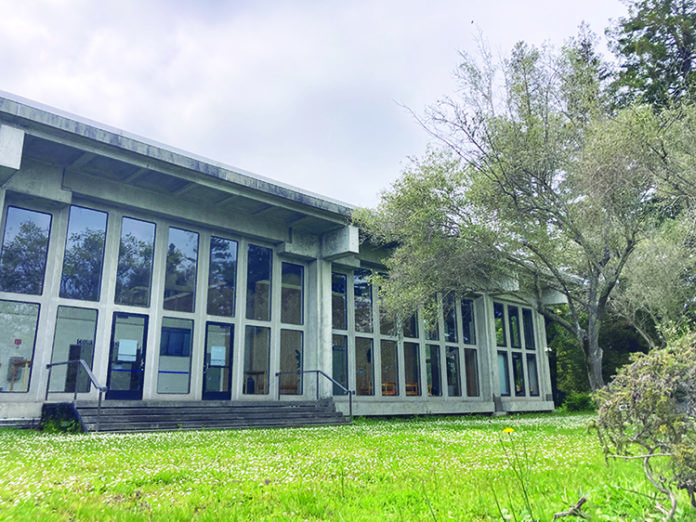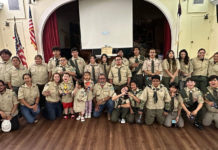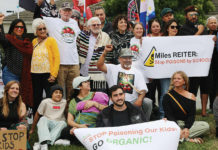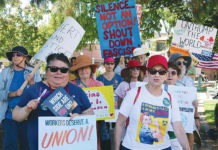
A Santa Cruz County justice program that places reconciliation over punishment has helped more than 240 people keep criminal convictions off their record since its inception in 2020, with just one case of recidivism.
Now, the Santa Cruz County Neighborhood Courts program is seeking volunteers to help with that endeavor.
An 18-year-old panics after hitting another vehicle and flees. A young person full of the wild oats of youth—and too much alcohol—gets arrested for being drunk in public. A person with an otherwise clean record gets caught with illegal drugs.
All of these minor crimes can remain on a person’s criminal record for life, making it hard to find employment and, in some cases, housing.
But thanks to the Neighborhood Courts program, some of those people have an alternative.
Under the program, trained volunteers work with the victims and participants—they are not called offenders in this program—to come up with alternative ways of addressing the harm caused by the crime. They are in both English and Spanish.
This can include letters of apology, face-to-face talks with the victims and community service. Once they finish their requirements, they exit without a conviction, says program coordinator Danitza Torres.
“Instead of going to regular court, they go to this program, which is based on restorative justice,” she says. “We help them repair the harm they caused, and move forward.”
The purpose of the program, according to the website, is to “Reduce recidivism by understanding why people offend, address the harm the offense had on the victim—if applicable—and the community and, using restorative principles rather than punitive principles, effectively and efficiently restore the local community, victim and offender back into community.”
Participation is voluntary and confidential and participants must be willing to take responsibility for their actions that caused harm.
The idea for neighborhood courts got its start in in 2012 in San Francisco. Similar programs have since launched in Los Angeles and to Solano, Santa Clara and Yolo counties.
Los Angeles’ program has resolved more than 3,000 cases since its inception, and boasts a 5% recidivism rate, according to L.A. City Attorney Mike Feuer.
Torres says the volunteer commitment can be as few as three hours per month, and comes with the training needed to serve as mediator for the participants and victims.
“It’s basically neighbors telling other neighbors, ‘hey you made a mistake, but this is your chance to make things right,’” She says. “It’s a very nice way of dealing with the harm.”
Examples of eligible crimes
• petty theft
• shoplifting
• vandalism
• passing bad checks
• disorderly conduct
• drunk in public
• misdemeanor assault and battery
• drug possession
• drug paraphernalia
• receipt of stolen property
• possession of burglary tools
The volunteer application period closes July 19. For information, visit bit.ly/3RDyjxv











